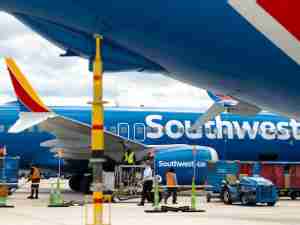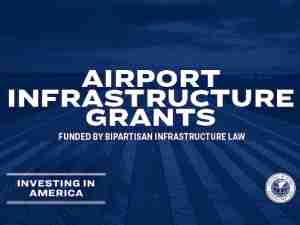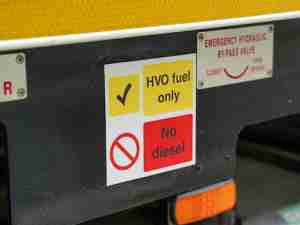In its latest position paper on 'Air Cargo Supply Chain Security Regimes for Regulators', the Group says it supports global standards and programs with regulatory backing around the world in order to facilitate safe, secure and efficient air cargo operations. It calls for ICAO, in collaboration with other international organizations, to take the lead role to continue improvements in the security of the global air cargo supply chain with the commitment of its member states.
GACAG welcomes ICAO's endorsement of air cargo supply chain security as a standard for its member states, which began in July 2011 (Amendment 12 of Annex 17), and recognizes the efforts it is making to facilitate building the capacity of those states that plan to enhance or start air cargo supply chain security regulatory frameworks. In particular, GACAG highlights the work being pursued by the United Kingdom, European Community, Canada, Australia, and the United States, along with other civil aviation authorities, to consider industry standards and guidelines as a way forward in building air cargo supply chain security capacity.
The Group said it supports international initiatives such as ISO 2800 and Secure Freight to offer assistance to regulators and industry in securing the air cargo supply chain. GACAG recommends that interested states utilize a recognized international standard template for air cargo security for the implementation of a Regulated Agent and a Known Consignor regime, among many other templates.
ICAO's engagement with industry, including GACAG members, in recognizing best practices and developing standards, recommendations, guidance materials and templates is a positive approach to achieving improvements, according to the position paper. In it, GACAG also encourages ICAO and its member states to conduct pilot exercises in collaboration with the industry and to consider their outcomes before finalizing new regulations.
GACAG recommends that states incorporate validation and quality control measures for aviation supply chain operators, e.g. Regulated Agents and Known Consignors, among others within their national air cargo security programs.
GACAG said it believes the following secure air cargo supply chain basic principles should be considered when developing national air cargo security programs:
' Wherever possible, air cargo supply chain security programs will use ICAO definitions to aid international harmonization and consistency, including those of Regulated Agent and Known Consignor.
' Any secure air cargo supply chain regime, including the Regulated Agent and Known Consignor programs, is to be consistent with ICAO Annex 17 Standards and Recommended Practices, and associated ICAO documents.
' Validation and registration of trusted secure air cargo supply chain operators shall be undertaken by the regulating authority or an independent party recognized by that authority.
Michael Steen, Chairman of GACAG, said: 'We strongly urge states to mutually recognize secure air cargo supply chain programs that comply with the ICAO standards and incorporate the principles supported in our position paper. GACAG welcomes mutual recognition as a way for regulators to facilitate the movement of cargo along the air cargo secure supply chain without requiring redundant security measures, specifically at transit/transfer points.'









